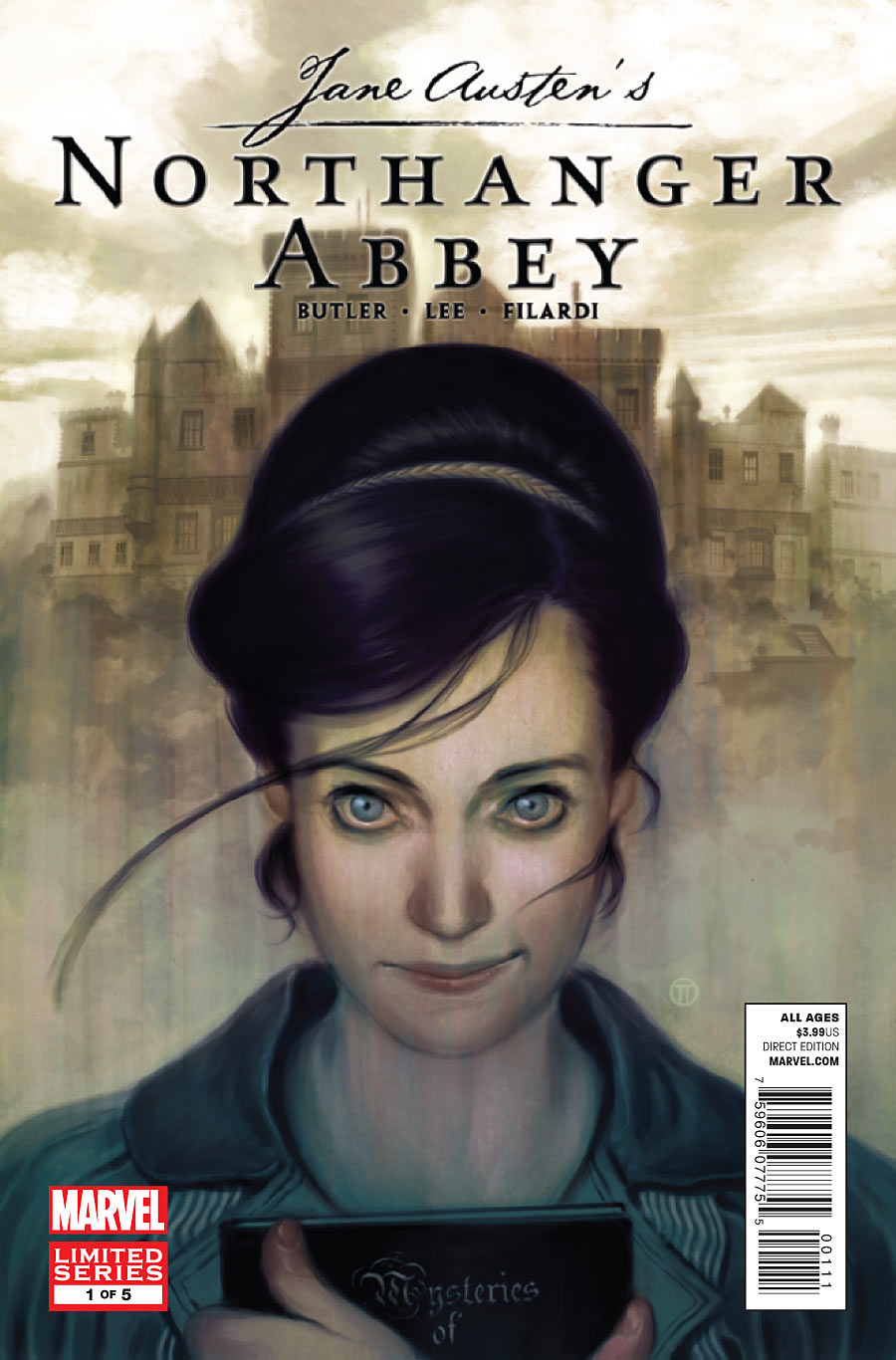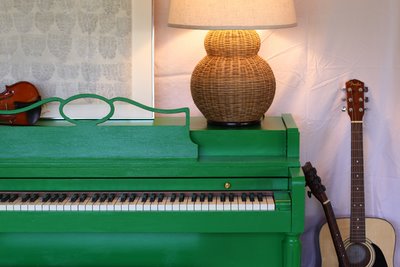'Me! Dash it all, how old do you think I am? I'm only nineteen,'
'I had suspected as much from the alabaster clearness of your unwrinkled brow.'
'What rot it all is!' went on Mike, sitting down again. 'What's the good of it all? You go and sweat all day at a desk, day after day, for about twopence a year. And when you're about eighty-five, you retire. It isn't living at all. It's simply being a bally vegetable.'
If one looks closely into the actions which are apparently due to sudden impulse, one generally finds that the sudden impulse was merely the last of a long series of events which led up to the action. Alone, it could not have been powerful enough to effect anything. But, coming after the way has been paved for it, it is irresistible.
Mr Bickersdyke shifted uneasily on his sofa. He glared at the floor. Then he eyed the ceiling as if it were a personal enemy of his...Addressed thus directly, the manager allowed his gaze to wander from the ceiling. He eyed Psmith for a moment like an elderly basilisk, then looked back at the ceiling.
Young Mr Richards was sitting on the sofa, moodily turning the leaves of a photograph album, which contained portraits of Master Edward Waller in geometrically progressing degrees of repulsiveness - here, in frocks, looking like a gargoyle; there, in sailor suit, looking like nothing on earth. The inspection of these was obviously deepening Mr Richards' gloom, but he proceeded doggedly with it.
Comrade Prebble beamed and took the floor. Mike began to realize that, till now, he had never known what boredom meant. There had been moments in his life which had been less interesting than other moments, but nothing to touch this for agony. Comrade Prebble's address streamed on like water rushing over a weir.
'Women,' said Psmith, helping himself to trifle, and speaking with the air of one launched upon his special subject, 'are, one must recollect, like - like - er, well, in fact, just so. Passing on lightly from that conclusion...'
It would have been plain to the most casual observer that Mr Waller was fond and proud of his son. The cashier was a widower, and after five minutes' acquaintance with Edward, Mike felt strongly that Mrs Waller was the lucky one.
They had been audible all the time, very much so, but now they grew in volume. Comrade Wotherspoon was a tall, thin man with side-whiskers and a high voice. He scattered his aitches as a fountain its sprays in a strong wind. He was in earnest.
'Comrad Bristow sneaks off and buys a sort of woolen sunset. I saw the thing unexpectedly. I tell you I was shaken. It is the suddenness of that waistcoat which hits you. It's discouraging, this sort of thing. I try always to think well of my fellow man. As an energetic Socialist, I do my best to see the good that is in him, but it's hard. Comrade Bristow's the most striking argument against the equality of man I've ever come across.'
'You are Agesilaus,' he said. 'I am the petulant Pterodactyl. You, if I may say so, butted in of your own free will, and took me from a happy home, simply in order that you might get me into this place under you, and give me beans. But, curiously enough, the major portion of that vegetable seems to be coming to you.'
I can rough it. We are old campaigners, we Psmiths. Give us a roof, a few comfortable chairs, a sofa or two, half a dozen cushions, and decent meals, and we do not repine.
Mr Waller ordered lunch with the care of one to whom lunch is no slight matter. Few workers in the City do regard lunch as a trivial affair. It is the keynote of their day. It is an oasis in a dessert of ink and ledgers. Conversation in City offices deals, in the morning, with what one is going to have for lunch, and in the afternoon with what one had for lunch.
'It's a nice room,' said the pantomime dame. Which was a black lie. It was not a nice room. It had never been a nice room. And it did not seem at all probable that it ever would be a nice room. But it looked cheap. That was the great thing. Nobody could have the assurance to charge much for a room like that. A land lady with a conscience might even have gone to the length of paying people some small sum by way of compensation to them for sleeping in it.
Psmith's attitude towards the slings and arrows of outrageous Fortune was to regard them with a bland smile, as if they were part of an entertainment got up for his express benefit.
Sunday supper, unless done on a large and informal scale, is probably the most depressing meal in existence. There is a chill discomfort in the round of beef, an icy severity about the open jam tart. The blancmange shivers miserably. Spirituous liquor helps to counteract the influence of these things, and so does exhilarating conversation.






























